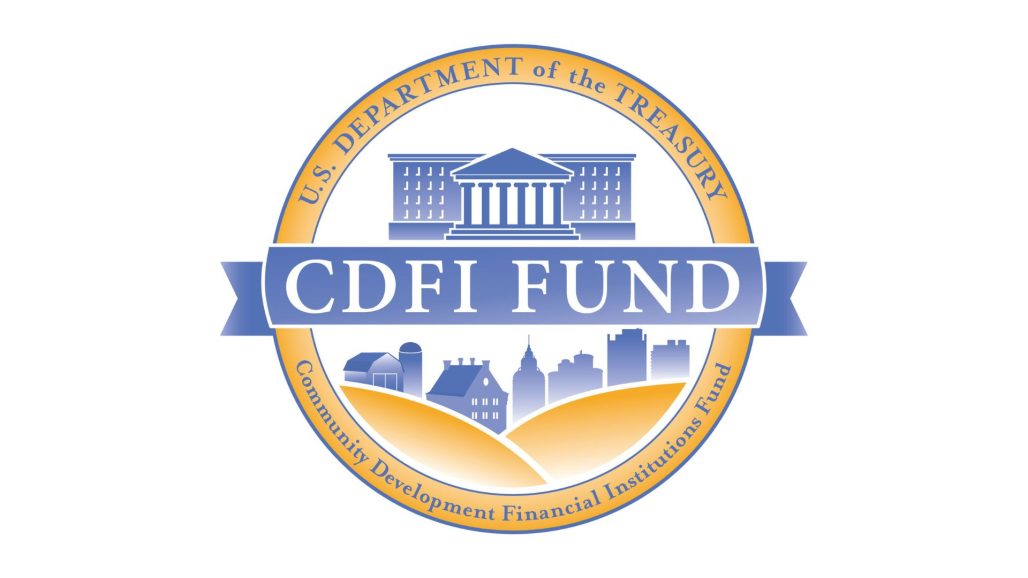The following statement was written by Jessie Lee, managing director of Renaissance Economic Development Corporation, an AAFE affiliate.
In the late 1990s, Renaissance started the New York State Entrepreneurial Assistance Training Program, aimed at teaching low-income individuals the skills to become business owners. We established our training center at the intersection of the Lower East Side and Chinatown in Manhattan—an area predominantly populated by newly arrived Chinese immigrants, Eastern European Jews, and Puerto Ricans. At the time, this community was also known for having high gang violence and was not a place anyone would want to walk through late at night. Yet, when we offered our entrepreneurial training, people eagerly attended, even on weekends and late into the evenings, driven by the hope of overcoming poverty. Despite barely earning minimum wage and living just above the poverty line, these individuals believed that with hard work and dedication, they could eventually save enough money to start their own businesses and achieve the American Dream.
However, once these trainees were ready to start their businesses, they quickly realized that the money they had saved wasn’t enough to cover startup costs in an expensive city like New York. Renaissance attempted to help these entrepreneurs apply for bank loans, but without collateral, significant savings, or credit history, the banks turned them down. Still, we believed in these entrepreneurs. We saw their determination and the thoughtful business plans they developed. We knew they could succeed if given the opportunity.
That’s when Renaissance made a crucial decision: we would raise our own funds to lend to these entrepreneurs. One of our very first loans went to Magnolia Bakery, a small bakery in Lower Manhattan founded by two passionate women who had a dream of starting their own cupcake business. Today, Magnolia Bakery operates 39 locations across 8 countries.
Fundraising for lending capital proved to be challenging, and demand for loans far exceeded our available funds. This led us to apply to become a CDFI loan fund. Renaissance was one of the first certified Community Development Financial Institutions (CDFIs) when the Riegle Community Development and Regulatory Improvement Act of 1994 was enacted. Being a certified CDFI allowed us to apply annually for grant funding, which helped us greatly increase our lending capacity. These grants could be used for loan capital or loan loss reserves, which are needed in the event of loan defaults. This model has proven effective, as we can leverage a $500,000 CDFI grant to raise an additional $2.5 million from other private or public funders, resulting in a total loan fund of $3 million. With average microloans of $30,000, we helped launch 100 small businesses, each creating at least two full-time jobs, for a total of 200 new jobs in our low income community.
This $500,000 grant represented an extraordinary investment in the community, costing the federal government less than $3,000 per job in a low-income neighborhood. Even more remarkable, these loans have a 95% repayment rate, meaning that of the $3 million Renaissance lent out, $2.85 million was repaid and reinvested into 100 new small businesses, creating an additional 200 jobs. Over the past 25 years, Renaissance has deployed nearly $70 million in loans to 2,800 small businesses, resulting in more than 7,000 jobs in our communities.
Today, when you visit Chinatown/Lower East Side, you can see the vibrant energy of thriving small businesses. Trucks unload goods early in the morning, and customers walk through the streets, spending their hard-earned money at these local mom and pop shops. This is the true spirit of community development—individuals working hard, together, to build their own futures. Renaissance’s services have since expanded and we now provide capital throughout all five boroughs of New York City, Long Island, the mid-Hudson Valley of New York, and New Jersey.
Over the last 30 years, the CDFI Fund’s creation has resulted in success stories like Renaissance’s all over the country in both urban and rural communities. Yet, this past Friday, President Trump signed an executive order threatening the CDFI Fund. What is a powerful catalyst for economic prosperity is now at risk of being extinguished, or at least shrunken, along with the hopes and dreams of entrepreneurs across the country. The CDFI Fund was never intended as a “charity” or a “handout”; rather, it applies the principles of capitalism to lend with dignity to those in need. Borrowers do need to repay these funds. However, it provides an opportunity for low-income individuals to build their own livelihoods, escape poverty, and ultimately, build safer and stronger communities. This is the essence of the American Dream that we all strive for.
The CDFI Fund represents an investment – a belief – in our economic future. It leverages both public and private funds to eradicate poverty. Undermining the CDFI Fund is not a partisan issue—it’s a matter that affects us all. If the CDFI Fund is weakened, it will be an economic tragedy that will be felt most acutely in the communities that have long been overlooked and neglected.
I urge Congress to protect the CDFI Fund. The Fund has helped us provide much-needed capital to under-resourced communities for nearly 30 years, and it is critical that we continue this work. The CDFI industry currently manages $450 billion in assets, and this capital has been deployed to help low-income communities thrive. Without a robust CDFI Fund, our communities will suffer, and the progress we’ve made over the last few decades will be lost.
We need your voice. Join us in urging Congress to #SaveCDFI. Share this message, let your representatives know, and help protect this vital resource. Together, we can ensure no community is left behind.

